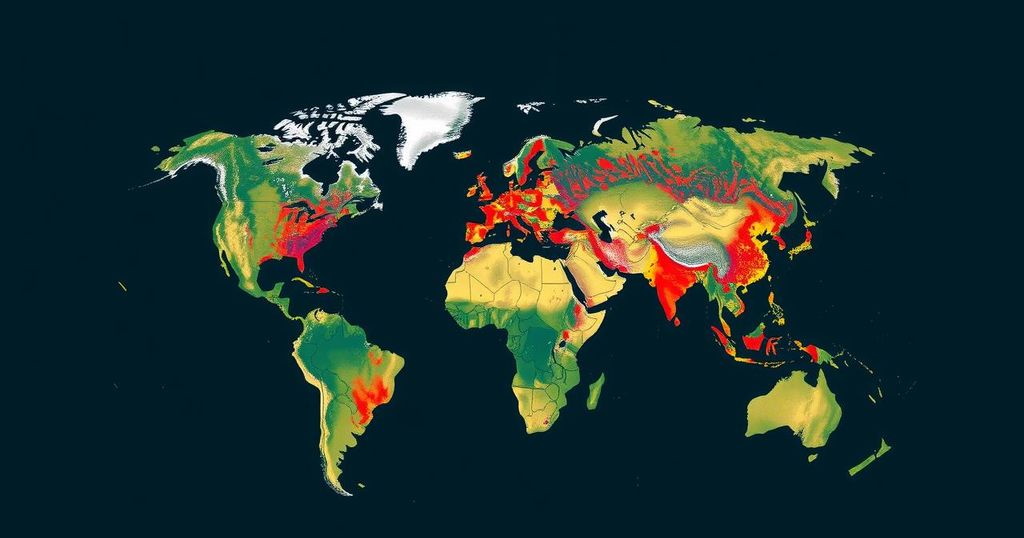Climate Change Significantly Impacts Global Dengue Cases, Study Reveals

A new study by Stanford and Harvard researchers reveals that climate change is linked to 20% of global dengue cases and could increase the incidence by 40-60% by 2050. The analysis covers 21 countries and shows a clear relationship between rising temperatures and dengue spread. This emphasizes global health challenges posed by climate change.
Recent research from Stanford and Harvard Universities indicates that climate change is responsible for approximately 20% of current dengue cases worldwide. The study predicts a potential increase of dengue incidents by 40-60% by the year 2050. This research highlights a direct correlation between rising temperatures and the incidence of dengue across 21 countries in Asia and the Americas. The findings were shared at the American Society of Tropical Medicine and Hygiene’s Annual Meeting. The study suggests that climate change has already increased dengue cases by 18% and could disproportionately affect dengue-endemic regions, especially those experiencing temperatures ideal for virus transmission. It also notes that approximately 257 million people reside in areas where dengue incidence could potentially double over the next 25 years due to climate factors. Emission reductions were proposed as a mitigation strategy, which could lessen future caseloads, yet many countries remain at risk even in the face of cutting carbon emissions.
Dengue fever, a mosquito-borne viral disease, has seen a global resurgence in recent decades. Climate change has emerged as a critical factor influencing the spread of such diseases, with warmer temperatures and increased humidity altering the habitats of the disease-carrying mosquitoes. The study presented insights into how climate variations are directly linked to the incidence of dengue fever, emphasizing the urgent need to address climate-related health threats as they have started affecting regions previously not marked by outbreaks. This underscores public health concerns and constraints, particularly in developing regions that may lack the necessary resources to combat rising dengue cases.
The findings underscore an urgent global health concern as climate change is significantly influencing the spread of dengue fever. The study highlights an alarming increase in the incidence of dengue, particularly in certain regions, and calls for proactive measures to mitigate emissions and address climate change. As the data illustrates, without significant reductions in greenhouse gas emissions, dengue cases could rise drastically, posing an increasing threat to public health. Thus, there is a pressing need for comprehensive climate policies to protect populations from vector-borne diseases.
Original Source: www.theweek.in






